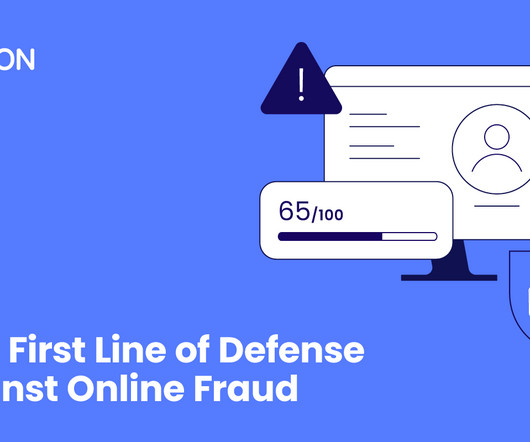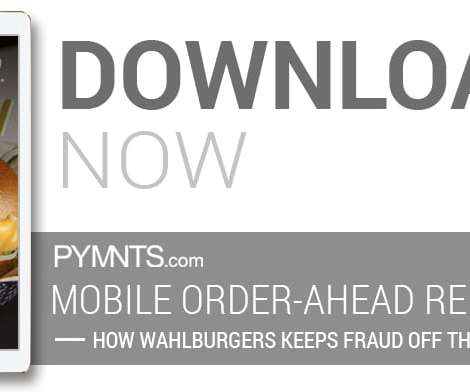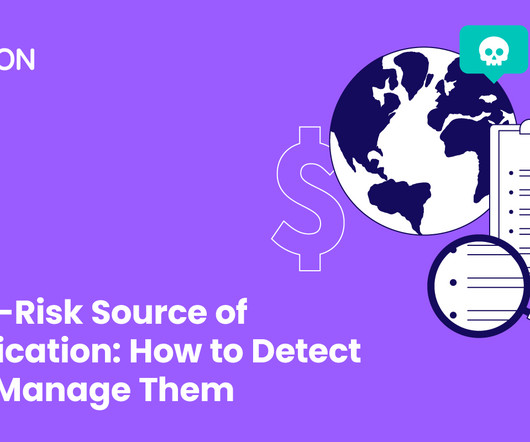How to Maintain Anti-Money Laundering Compliance as a PayFac
Stax
DECEMBER 4, 2023
The US, therefore, requires financial institutions as well as financial services firms to have anti-money laundering (or AML) compliance programs in place. In this article, we’ll discuss everything you need to know about ensuring AML compliance as a payment facilitator (or PayFac). Non-compliance can have major implications.












Let's personalize your content